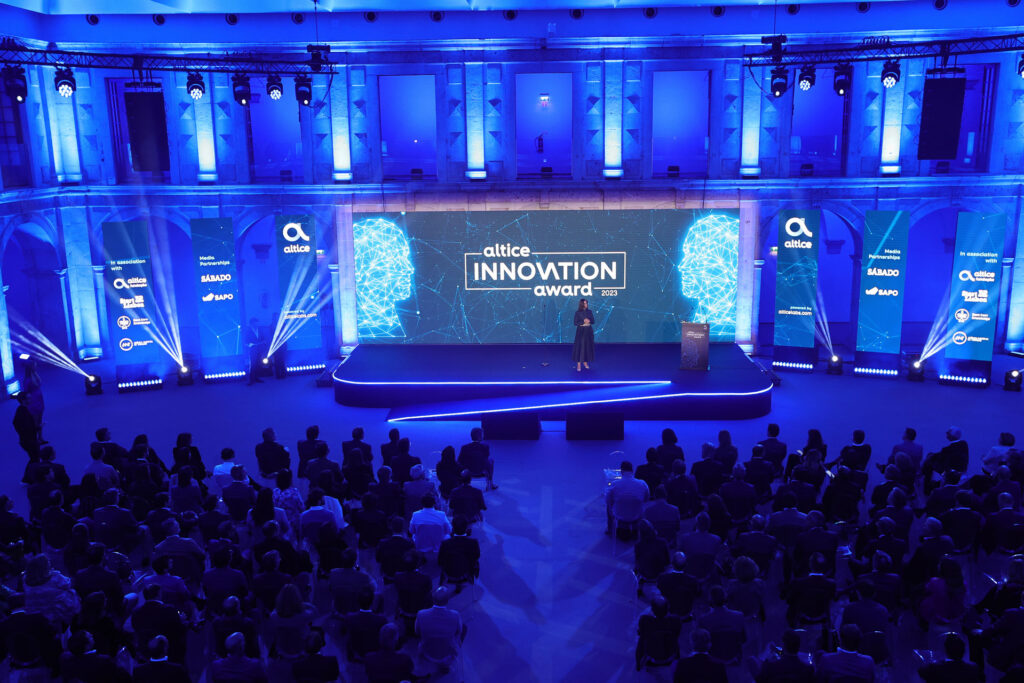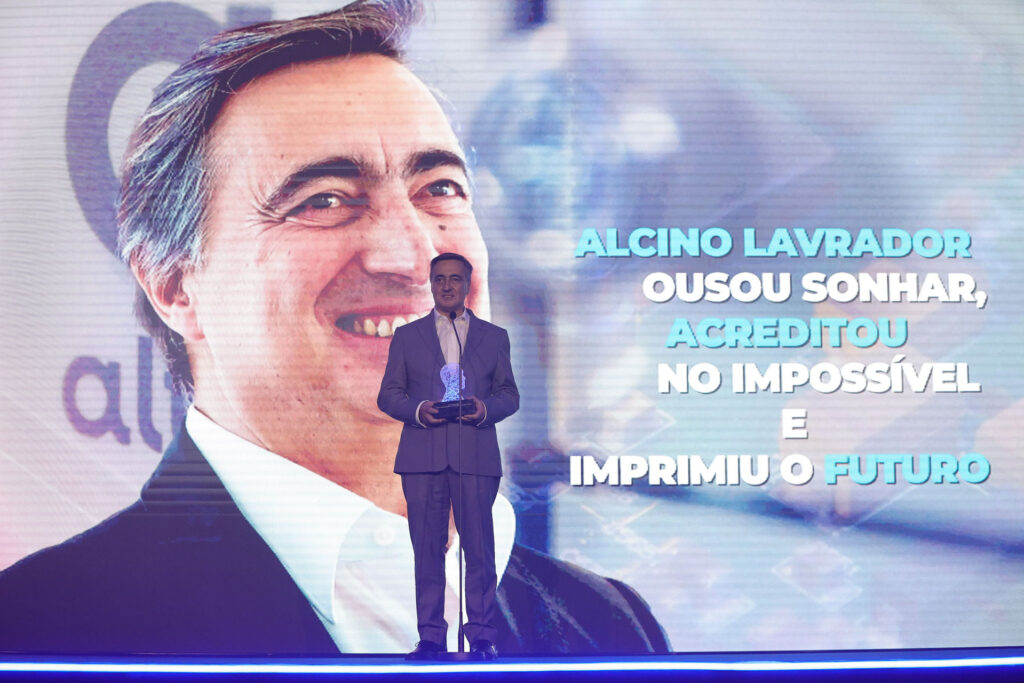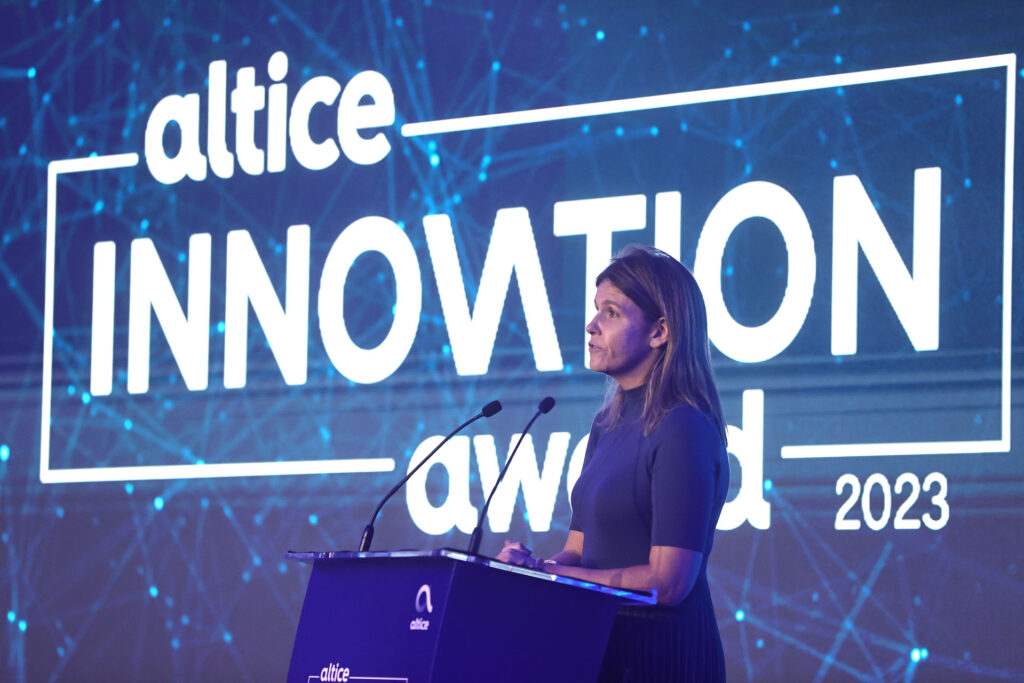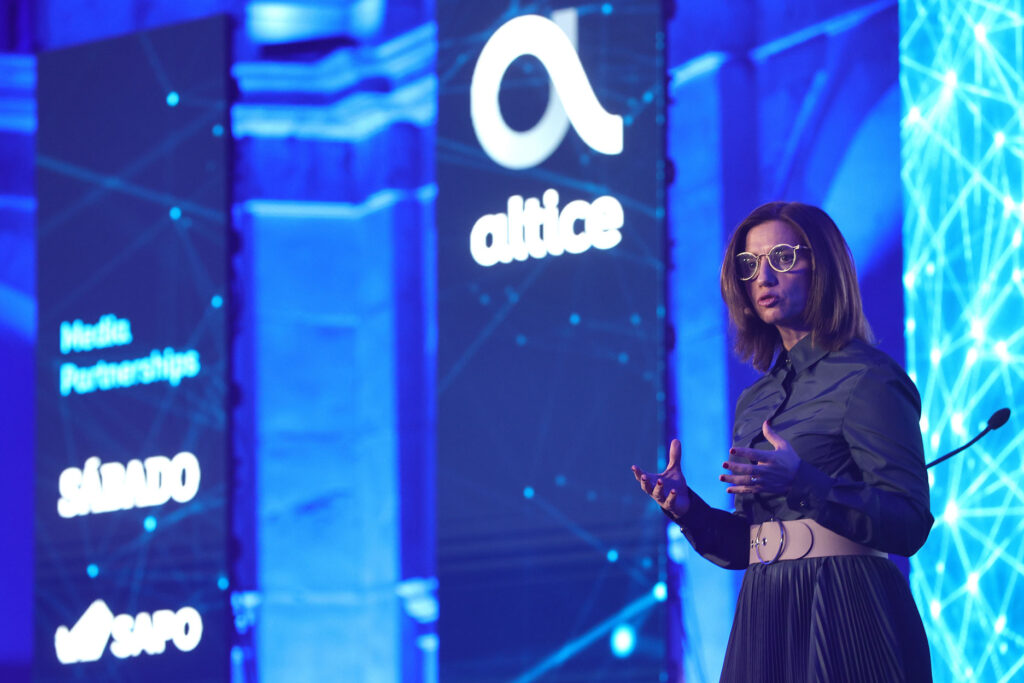Technology has played a significant role in improving physical accessibility and mobility by providing solutions for citizens, including those with special needs. The use of devices such as computer-controlled electric wheelchairs and mobile applications that provide information on accessibility in buildings and public transportation allows people with reduced mobility to have greater autonomy and ease of movement.
The Internet and electronic devices have also become essential tools for communication and access to information, enabling people with special needs to access government services, education, and jobs in ways that were previously unimaginable. For example, the creation of accessible websites and mobile applications with features such as screen readers, captions, and voice interfaces enables individuals with visual, hearing, or motor impairments to use these tools effectively.
In the healthcare sector, telemedicine and teleassistance have expanded, allowing people with special needs to receive medical and mental health care remotely, reducing the need for physical travel that can be challenging for some patients.
Education has also benefited from Information and Communication Technologies (ICT), with the availability of digital educational resources accessible to all students, regardless of their special needs.
To recognize the work carried out in this often overlooked area, Altice has created the ‘Include’ category in the Altice International Innovation Award (AIIA) with a prize of 20,000 euros.
To recognize the work carried out in this often overlooked area, Altice has created the ‘Include’ category in the Altice International Innovation Award (AIIA) with a prize of 20,000 euros. This category recognizes and values innovative projects that stand out for their contribution to social and digital inclusion. The goal is to promote and reward initiatives that use technology in a creative and effective way to improve the quality of life and participation in society for groups with special needs, groups that may be disadvantaged, or face barriers to accessing technology.
The three finalists in the 2022 edition of the ‘Include’ category of the AIIA were Dreamwaves, seamlessCARE Empathic, and Zoomguide.
Guiding People with Visual Impairments
Dreamwaves is an Augmented Reality Sound-based navigation solution aimed at assisting users with visual impairments, cyclists, and motorcyclists. The company’s mission is to make navigation easy for everyone through an application that works on a smartphone. To use this app, the user needs to wear headphones to listen to reference points.
The waveout app has spatial audio that simulates how people naturally perceive the location of sounds. When a phone rings or a friend calls, we immediately turn our heads. Spatial audio does the same. Dreamwaves uses this technology to help the user find the next reference point in the easiest way.
Applications for the 2023 edition of the AIIA are open until September 24th.
In the presentation speech at the AIIA, Hugo Furtado, CEO of Dreamwaves, mentioned that they had three years of hard work aimed at assisting blind people. The app provides an example of a blind individual who faces difficulties navigating during peak hours, often colliding with obstacles and losing track of the route. This application can be used on any device and involved the collaboration of approximately 120 visually impaired people to create a spatial sound experience with audio cues, facilitating point-to-point mobility to the desired destination.
This is an innovative navigation method that benefits over 250 million visually impaired people worldwide, with 20 million residing in Europe. In addition to these individuals, cyclists, scooter users, and others can use the application to better navigate the city. This app was the winner of the 2022 edition of the ‘Include’ category at the AIIA.

Interpreting Vocalization and Predicting Emotions for Non-speakers
Another finalist in the ‘Include’ category was the seamlessCARE Empathic application, which aims to interpret vocalization and predict the emotions of many non-verbal individuals with severe intellectual or physical disabilities that prevent them from using other communication technologies. It all began when Aviva Cohen, the CEO of this Irish startup, experienced her husband having a heart attack, which ultimately reduced his ability to communicate.
To use the Empathic application, simply record the non-verbal person for 10 seconds. Artificial intelligence interprets this vocalization and predicts the emotion being expressed. In most families and caregiver environments, there is someone who understands the non-verbal person, but it can be difficult for everyone else to know how that person feels. The inability to communicate can lead to negative moods and frustration, which can result in challenging behaviors. This situation may include aggression towards caregivers, family members, self-injury, and falls.
The Irish company Empathic collaborated with care providers in residential care, home care, nursing homes, and rehabilitation centers. Most of the participants in the tests reported that using Empathic resulted in improved moods and fewer challenging behaviors. There were fewer staff injuries, increased safety, and a reduction in falls and self-injuries among service users. Employee retention improved during our test periods, which ranged from three months to two years.
Inclusive Projects Eligible for AIIA
Digital Inclusion: Projects aimed at teaching digital skills to people who lack access or prior knowledge of technology, enabling them to fully participate in the digital society.
Accessibility: Innovations that make technology more accessible for people with disabilities, making devices, software, and services more usable and functional.
Inclusive Education: Projects that promote the inclusion of students with special needs in schools and universities, using technology as a tool for learning support.
Health and Well-being: Technological solutions that improve access to healthcare and assistance services for vulnerable people.
Social Inclusion: Initiatives that promote the inclusion of marginalized groups, such as refugees, the elderly, homeless individuals, among others, in society through technology.
Using a Camera as an Information Guide
The third and final finalist was Zoomguide, an innovative Artificial Intelligence solution that features a guide capable of recognizing the environment and providing personalized content to each user, making the discovery of cities and their cultural heritage interactive and inclusive.
This proposal offers an alternative to the need for multiple applications for different historical locations. Zoomguide uses the camera to perform recognition, providing tools to its partners to offer the necessary information to the public. The goal is to be the most accessible option, covering content for children and people with hearing and visual impairments, making it easier to navigate locations and absorb the cultural richness they have to offer.
The application employs an advanced environmental recognition system, using an indoor visual positioning system that provides information in audio format. The users’ positions are automatically identified through video analysis, allowing, for example, the description of the surroundings for visually impaired users. Zoomguide has established strategic partnerships with the municipalities of Aveiro, Porto, and Lisbon, and has already implemented a testing program in the parks of Sintra.

